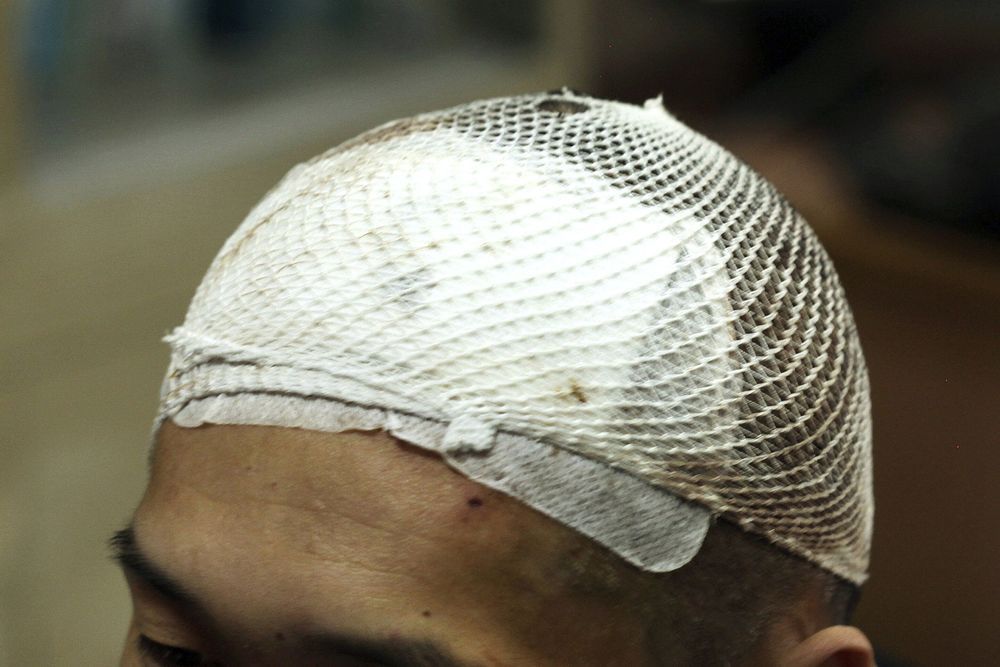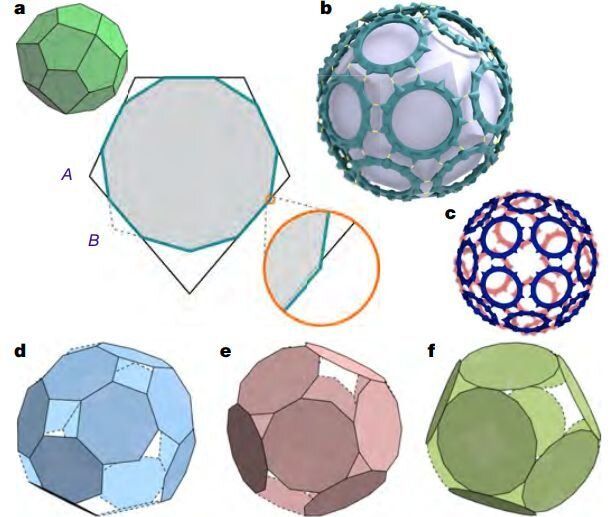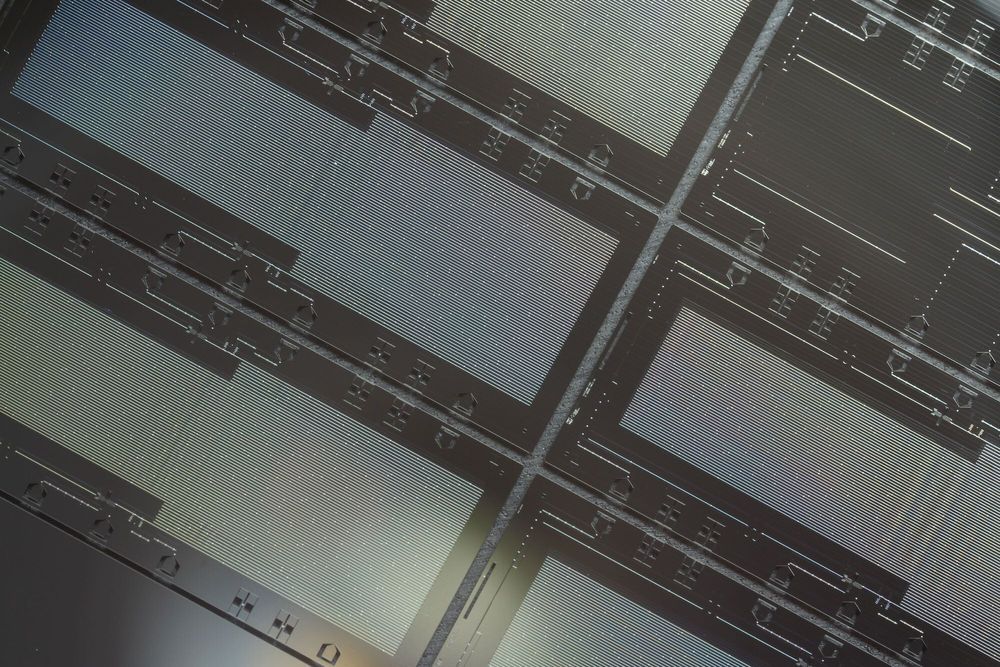The FBI has seized a dark web site just days after Europol police took down another.




Patient Number One is a thin man, with a scabby face and bouncy knees. His head, shaved in preparation for surgery, is wrapped in a clean, white cloth.
Years of drug use cost him his wife, his money and his self-respect, before landing him in this drab yellow room at a Shanghai hospital, facing the surgeon who in 72 hours will drill two small holes in his skull and feed electrodes deep into his brain.
The hope is that technology will extinguish his addiction, quite literally, with the flip of a switch.


The findings, published today in Nature, confirm the existence of “superionic ice,” a new phase of water with bizarre properties. Unlike the familiar ice found in your freezer or at the north pole, superionic ice is black and hot. A cube of it would weigh four times as much as a normal one. It was first theoretically predicted more than 30 years ago, and although it has never been seen until now, scientists think it might be among the most abundant forms of water in the universe.
A new experiment confirms the existence of “superionic ice,” a bizarre form of water that might comprise the bulk of giant icy planets throughout the universe.

NASA is warning that meteors pose a major threat to Earth, so agencies are already testing out ways to defend against them by using lasers or by ramming spacecraft into them.
During a conference last week, NASA administrator Jim Bridenstine explained that not taking meteors seriously could have catastrophic consequences. In 2013, a 20-metre meteor exploded over Russia and the sonic boom caused windows and glass to shatter, injuring more than 1,000 people.
That relatively small meteor contained more than 30 times the energy of the atomic bomb the United States dropped on Hiroshima during the Second World War.


Researchers from an international collaboration have succeeded in creating a “protein cage”—a nanoscale structure that could be used to deliver drugs to specific places of the body, and which can be readily assembled and disassembled, but also withstands boiling and other extreme conditions. They did this by exploring geometries not found in nature reminiscent of “paradoxical geometries” found in Islamic art.
Role-playing gamers—at least those who played before the digital age—are aware that there are restrictions governing the shape of dice; try to make a six-sided die by replacing the square faces with triangles, and you will be left with something horribly distorted and certainly not fair. This is because there are strict geometrical rules governing the assembly of these so-called isohedra. In nature, isohedral structures are found at the nano level. Usually made from many protein subunits and having a hollow interior, these protein cages carry out many important tasks. The most famous examples are viruses that use protein cages as a carrier of viral genetic material into host cells.
Synthetic biologists, for their part, are interested in making artificial protein cages in the hope of imparting them with useful and novel properties. There are two challenges to achieving this goal. The first is the geometry problem—some candidate proteins may have great potential utility, but are automatically ruled out because they have the wrong shape to assemble into cages. The second problem is complexity—most protein-protein interactions are mediated via complex networks of weak chemical bonds that are very difficult to engineer from scratch.

Logic and memory devices, such as the hard drives in computers, now use nanomagnetic mechanisms to store and manipulate information. Unlike silicon transistors, which have fundamental efficiency limitations, they require no energy to maintain their magnetic state: Energy is needed only for reading and writing information.
One method of controlling magnetism uses electrical current that transports spin to write information, but this usually involves flowing charge. Because this generates heat and energy loss, the costs can be enormous, particularly in the case of large server farms or in applications like artificial intelligence, which require massive amounts of memory. Spin, however, can be transported without a charge with the use of a topological insulator—a material whose interior is insulating but that can support the flow of electrons on its surface.
In a newly published Physical Review Applied paper, researchers from New York University introduce a voltage-controlled topological spin switch (vTOPSS) that requires only electric fields, rather than currents, to switch between two Boolean logic states, greatly reducing the heat generated and energy used. The team is comprised of Shaloo Rakheja, an assistant professor of electrical and computer engineering at the NYU Tandon School of Engineering, and Andrew D. Kent, an NYU professor of physics and director of the University’s Center for Quantum Phenomena, along Michael E. Flatté, a professor at the University of Iowa.

The efficient generation of entanglement between remote quantum nodes is a crucial step in securing quantum communications. In past research, entanglement has often been achieved using a number of different probabilistic schemes.
Recently, some studies have also offered demonstrations of deterministic remote entanglement using approaches based on superconducting qubits. Nonetheless, the deterministic violation of Bell’s inequality (a strong measure of quantum correlation) in a superconducting quantum communication architecture has so far never been demonstrated.
A team of researchers based at the University of Chicago has recently demonstrated a violation of Bell’s inequality using remotely connected superconducting qubits. Their paper, published in Nature Physics, introduces a simple and yet robust architecture for achieving this benchmark result in a superconducting system.